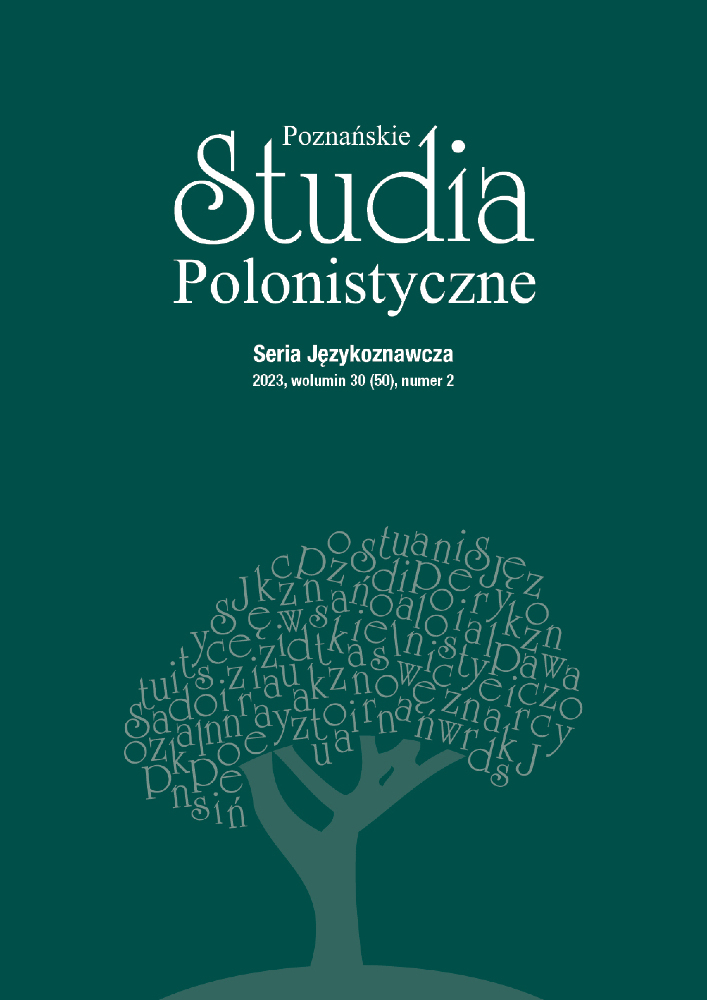Pre-Reformation and Reformation Influences
on the Development of European Literary Languages
Pre-Reformation and Reformation Influences
on the Development of European Literary Languages
Author(s): Tadeusz LewaszkiewiczSubject(s): Historical Linguistics, Translation Studies, Theory of Literature, Sociology of Religion
Published by: Uniwersytet Adama Mickiewicza
Keywords: pre-Reformation; Reformation; Bible translations into European lan- guages; language contacts; intellectualisation and standardisation of languages;
Summary/Abstract: The pre-Reformation and Reformation social and religious movements contributed tothe development of biblical and religious as well as journalistic and polemical writings,which had a significantly positive impact on the increase in functional efficiency andstandardisation of European languages. Translations of The Bible played a special rolein the development of European languages as texts with the highest linguistic prestige.Not only did Luther’s Bible (1522–1534) contribute to the unification of Germanliterary language, but its 16th-century translations had an outstanding influence on thedevelopment of Dutch and the Scandinavian languages, i.e. Danish, Swedish and Ice-landic. The language of Protestant translations of The Bible was regarded in the 16th–17th centuries in France and England as a model of stylistic excellence. Prior to the 16thcentury, there were fairly rich Celtic writings (Irish, Scottish, Welsh and Cornish), butthey were undoubtedly greatly enriched between the second half of the 16th centuryand the first quarter of the 19th century by Protestant translations of The Bible and otherreligious texts. The translation work by the Czech brothers (ideological supporters ofthe Reformation) – Blahoslav’s New Testament (1564) and the Kralice Bible (1579–1593) –is a symbol of the linguistic prowess of the 16th-century Czech language as well as thebasis for its rebirth in the 19th century. The linguistic consciousness of the Slovaks waslong influenced by the Kralice Bible. Hungarian and Polish Reformation translations ofThe Bible enriched the history of these languages considerably. A number of Europeanlanguages owe their actual literary beginnings to the Reformation: Finnish and Estonian(Finnish languages), Latvian and Lithuanian (Baltic languages), Upper Lusatian, LowerLusatian and Slovene (Slavonic languages). In Croatia, prints financed by Reformationsupporters appeared in the 16th century. The Serbian Orthodox New Testament (1847)by Karadžić and The Old Testament (1868) by Daničić were published by the Protestantpublishing house of the British Bible Society in London, which also published a trans-lation of the Bulgarian Catholic Slaveykov Bible (1871).
Journal: Poznańskie Studia Polonistyczne. Seria Językoznawcza
- Issue Year: 30/2023
- Issue No: 2
- Page Range: 79-96
- Page Count: 18
- Language: English

